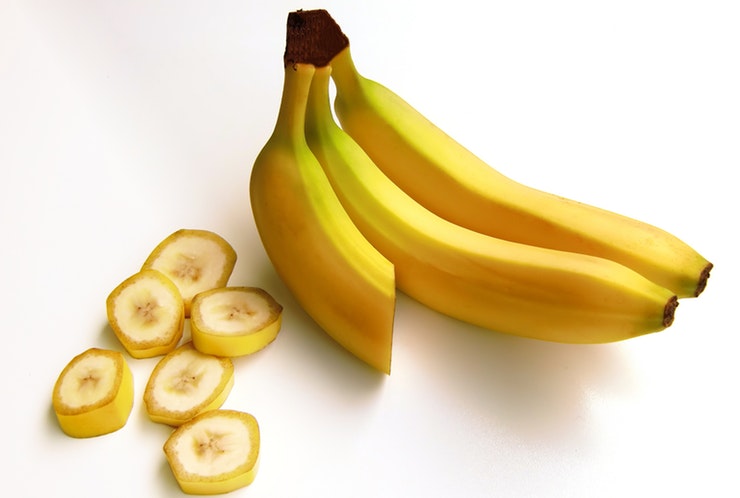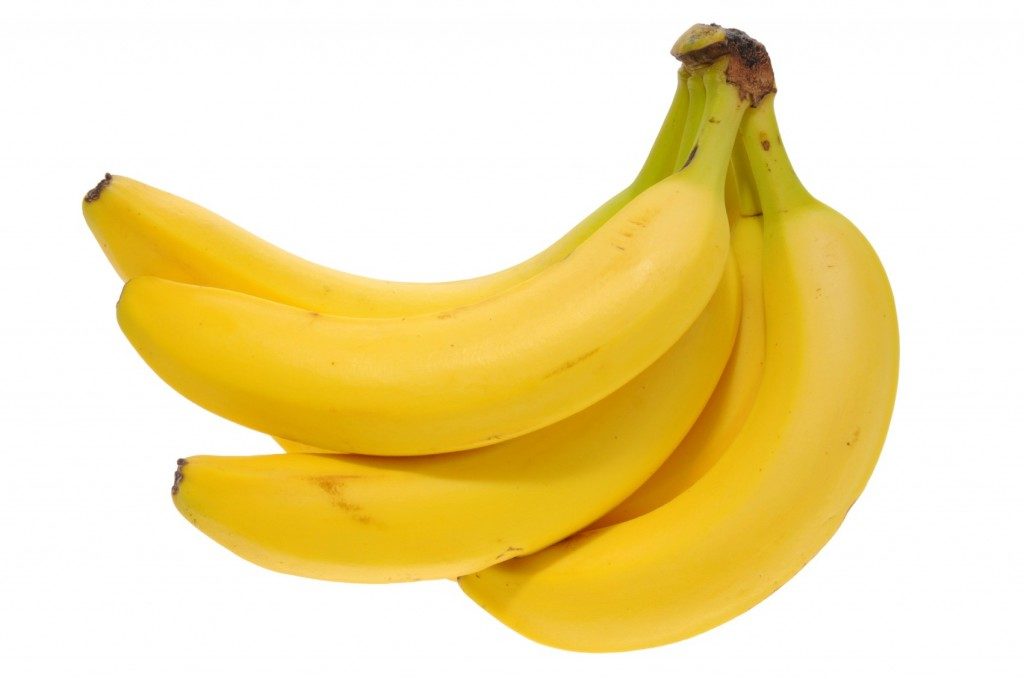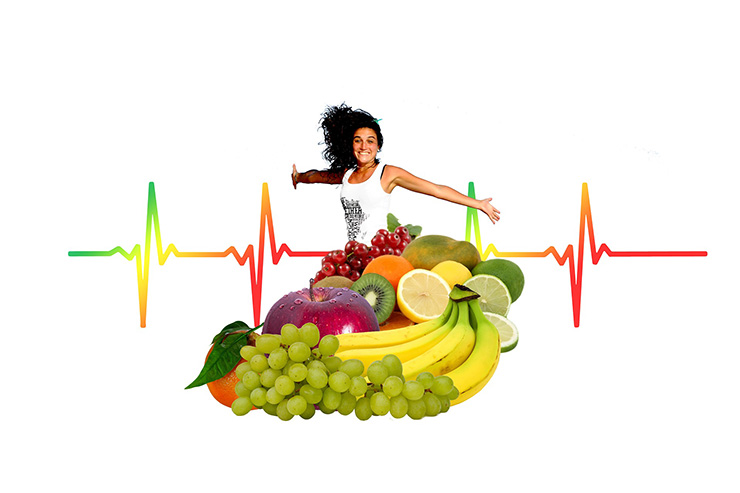
Bananas are an incredibly popular food pretty much anywhere you go. Grown in 107 countries, they represent the fourth most valuable crop the world over. They are delicious ripe, cooked, dried, even slightly under-ripe. They are great plain but nicely complement ice cream, cereal, and yogurt. Bananas are also one of the healthiest snacks you can have, with enough sweetness to make you forget how much nutrition you’re getting.
Each banana has only about 105 calories and consists almost exclusively of water and carbs. Bananas hold very little protein and almost no fat.
The carbs in green, unripe bananas consist mostly of starch and resistant starch, but as the banana ripens, the starch turns into sugar (glucose, fructose and sucrose).

But what would happen if you ate two bananas every day? We will take a look at the health outcomes of that habit, the good and the not-so-good. (Spoiler alert: it’s mostly good news.) Bananas are full of healthy potassium, fiber, vitamin C, and B6, but they are not recommended for people with certain conditions. And since we know you’re wondering, we’ll also let you know how many bananas you’d have to eat to overdose.
Bananas provide a variety of vitamins and minerals:
- Vitamin B6 – 0.5 mg
- Manganese – 0.3 mg
- Vitamin C – 9 mg
- Potassium – 450 mg
- Dietary Fiber – 3g
- Protein – 1 g
- Magnesium – 34 mg
- Folate – 25.0 mg
- Riboflavin – 0.1 mg
- Niacin – 0.8 mg
- Vitamin A – 81 IU
- Iron – 0.3 mg
You’ll Help Maintain a Healthy Blood Pressure
You probably know that too much sodium is a huge risk factor for high blood pressure. What you may not know that it is actually the balance of sodium and potassium that works to control hypertension. The process centers in the kidneys, which help control blood pressure by regulating the amount of fluid stored in the body. Your kidneys filter your blood and suck out extra fluid, which is directed to the bladder as urine.
You’ll Boost Your Heart Health

Achieving the right balance of sodium and potassium is also important for heart health. A recent study revealed that people who got at least 4,069 mg of potassium every day had a 49% lower risk of dying from ischemic heart disease than people who got less than 1,000 mg.
